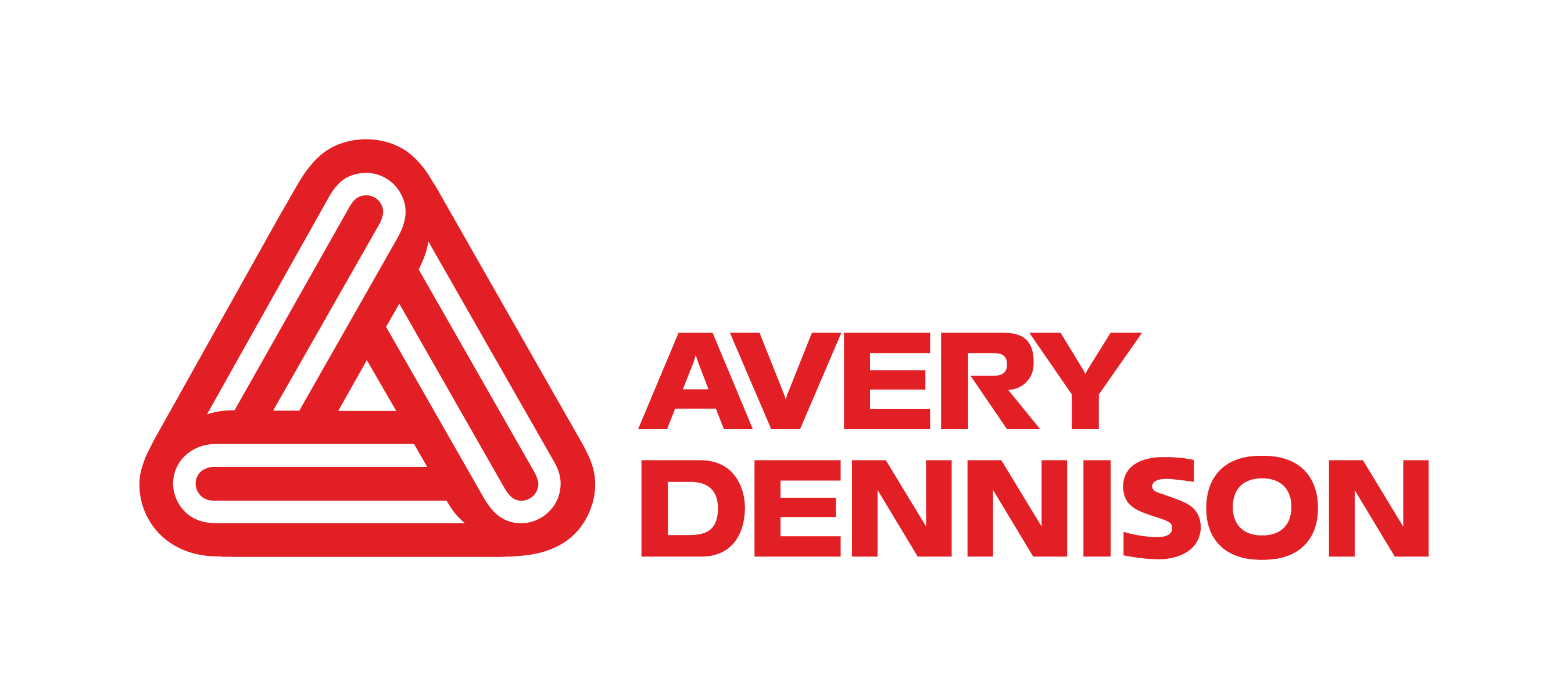Innovations must enable a seamless transition
Innovating to create more sustainable products is central to moving the sustainability agenda forward and protecting the planet. One key to progress, particularly in economically challenging periods, is ensuring that more sustainable alternatives are as simple as possible for partners to adopt and scale up.
With that in mind, at this year’s Labelexpo Europe we launched AD LinrSave™ and AD LinrConvert™, the first generation of decorative linerless solutions enabled by patented micro-perforation technology. Both products are easily integrated into existing equipment, and because they fit up to 80% more labels per roll, mean more efficient runs and fewer changeovers.
These more sustainable, linerless labels follow the April launch of AD XeroLinr DT™, a sustainable, linerless alternative for variable information (VI) labels. According to our Avery Dennison Carbon Footprinting Tool, which measures environmental impact, this range results in a reduction of 30% in CO2 emissions and 40% in water usage.
Another way we’re working to make reducing liner waste as painless as possible is through AD Circular, our program for recycling used paper and filmic label liners in countries across Europe. To participate, companies simply sign up, collect their used label liners for pickup, and then we work with our recycling partners to take care of the rest.
Both of these innovations are great examples of how we can work to ensure that the sustainable choice is always the simple and preferred choice.
The future of products is connected
Digitization was another hot topic at this year’s Labelexpo Europe. Specifically, brands turning their products into connected products by assigning them unique digital IDs using technology like QR codes and radio frequency identification (RFID) was a clear trend.
The growth in intelligent labels containing these technologies is being driven by a combination of changing consumer preferences and emerging regulations. Intelligent labels help brands meet these changing preferences and requirements by enabling more efficient processes and supply chain transparency, but brand owners told us that their benefits go beyond that. For example, digitizing products also empowers them to seamlessly deliver enhanced, personalized consumer experiences across multiple sales channels and geographies.



